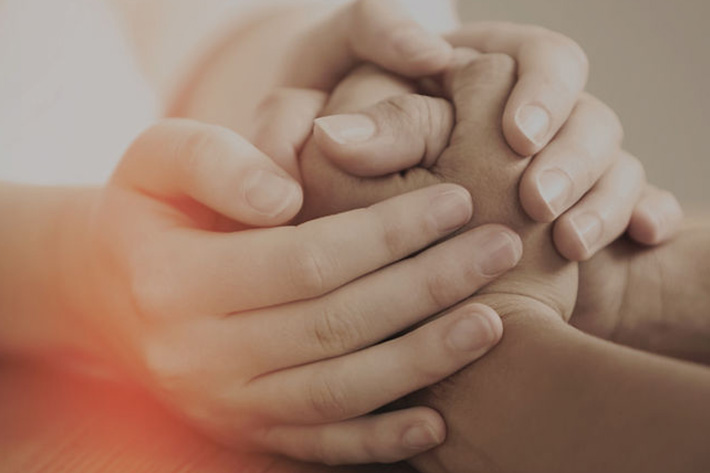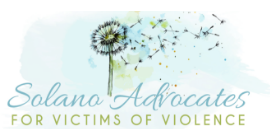
We’re Here For You
About
Solano Advocates
Solano Advocates for Victims of Violence (SAVV) is a 501(c)(3) located in Solano County. The founders of SAVV identified gaps in services valuable to the healing of those impacted by violence. Motivated to help reduce the barriers encountered by survivors, SAVV was founded on December 1, 2016. The conception of SAVV was a collaborative effort, as the founders reached out to the community for help in identifying services that are currently lacking for survivors. The founders of SAVV, supported by a knowledgeable and diverse Board of Directors, promise to deliver a comprehensive program to empower a victim’s journey and eliminate barriers in the transformation into a survivor.
Interested in Supporting Solano Advocates for Victims of Violence?
SAVV is a 501 (c)(3) non-profit charity organization. We depend on funding sources through grants and donations. Make a difference in someone’s life by donating to Solano Advocates for Victims of Violence. Whether you want to donate financially or have time to spare as a volunteer, all donations go towards making survivors of violence more comfortable, despite their challenging situation. Contact us to learn more about donation options or volunteer opportunities. Thank you very much for your consideration.
Our Mission
The mission of Solano Advocates for Victims of Violence is to lessen the impact of violence by offering interventions that empower a victim’s transformation into a survivor.
Our Vision
Solano Advocates for Victims of Violence (SAVV) was created to provide advocacy and supportive services to victims of violence. SAVV envisions a victim’s transformation into a survivor by inspiring hope, growth, and resiliency.
Who We Assist
SAVV provides comprehensive services to victims of interpersonal violence such as domestic violence, sexual abuse, elder abuse, child abuse, human trafficking, Commercially Sexually Exploited Children (CSEC), Teen Dating Violence, and other forms of violent crimes.
Non-Discrimination Statement
Race, color, religion, religious creed (including religious dress and grooming practices),national origin, ancestry, citizenship, physical or mental disability, medical condition (including cancer and generic characteristics), genetic information, marital status, sex (including pregnancy, childbirth, breastfeeding, or related medical conditions), gender, gender identity, gender expression, age, sexual orientation veteran and/or military status, political affiliation, and any other status protected by state of federal law.

